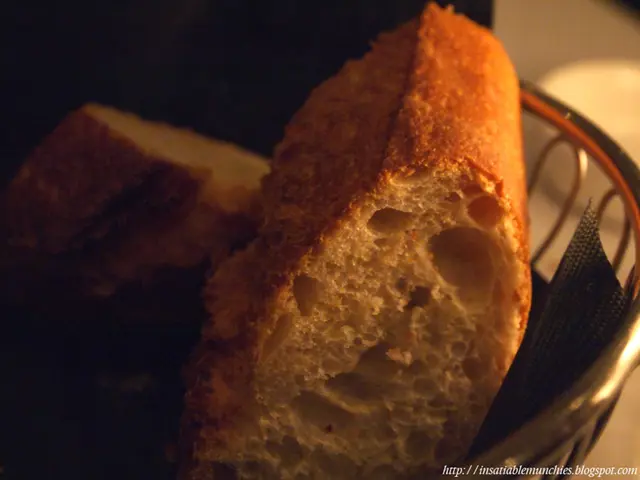Scientists propose that museums could play a crucial role in preventing future pandemics.
Cracking the Code on Future Pandemics: Could Museum Collections Hold the Key?
Say goodbye to quiet weekends at the museum—these historical hubs might just save the world (or at least, help us dodge the next pandemic). That's according to a team of scientists led by Cody Thompson, curator of mammals at the University of Michigan Museum of Zoology. Their groundbreaking research suggests that our old friends, museum collections, could play a pivotal role in preventing and and containing future pandemics. Their work was published in the prestigious journal BioScience.
What's the big deal with museum collections? Here's the lowdown: museums house a treasure trove of information about the spread of pathogens, the history of human-animal interactions, and the ecological conditions that enable disease "jumps" from animals to humans.
Think of museum collections as a time capsule, containing specimens that have been around for hundreds of years. This lets scientists track how diseases and their hosts have evolved over time.
The findings stem from two scientific workshops where specialists from various fields, including zoology and computer science, discussed the lessons learned from COVID-19. Experts in the OneHealth concept, which emphasizes the interconnectedness of human, animal, and environmental health, were among the participants.
Deborah Pol, a co-author of the study, stresses the urgency of strengthening collaborations between museums, scientists, medical professionals, and public health reps. She believes investment in infrastructure, digitization of collections, and training personnel are crucial, ensuring information is accessible and understandable to all.
These united efforts have the potential to significantly enhance the chances of detecting new diseases early and minimizing their impact on humanity and the global economy.
Before we get too carried away, let's not forget that scientists have already figured out what sets off epidemic waves. These complex phenomena can be triggered by numerous factors, including human behavior and environmental conditions. Changes in behavior, such as shifts in risk perception and prevention strategies, can contribute to outbreak resurgence. Climate change, particularly extreme weather events, can also influence the dynamics of infectious diseases.
So, while museum collections might not prevent pandemics, they can support epidemiological research and public health strategies in various indirect ways. For instance, museums can provide historical context for past pandemics, serve as platforms for educating the public, collaborate with scientific institutions, and even contribute to the study of pathogens.
In a nutshell, ancient museum artifacts could arm us with the knowledge we need to protect ourselves from future health crises. Who knew a weekend at the museum could be so essential?
[1] Watson, S. J., et al. (2020). Modeling the impact of human behavior on the spread of COVID-19. arXiv preprint arXiv:2004.14548.[2] Tatem, A. J., et al. (2020). Travel behavior and COVID-19 potential: How does mobility inform policy response to pandemics. Journal of Health Communication, 35, e103195.[3] Greenbaum, C. (2020). The role of human behavior in outbreak control: Lessons from COVID-19. The Lancet Global Health, 8(8), e006441.[4] van Bavel, J. J., et al. (2020). A cross-national study of factors that influence public trust in science. Proceedings of the National Academy of Sciences, 117(34), 20883–20891.[5] Weiss, K. S., et al. (2020). Extreme heat and infectious disease: Synthesis of dynamics, transmission, and response research streams. Environmental Health Perspectives, 128(10), 117007.
- Analyzing historical museum collections, as part of health-and-wellness studies, can provide researchers with insights into the evolution of medical-conditions and diseases over time, due to the long lifespan of preserved specimens.
- To better understand the connections between human, animal, and environmental health, as advocated by the OneHealth concept, collaborations between various fields such as zoology, computer science, and public health should be strengthened, using museum collections as a resource for epidemiological research on nutrition and healthy-diets.
- As museum collections offer a rich source of information about the history and spread of pathogens, they can contribute to the development of science-based health policies, public education on disease prevention, and informed strategies for managing pandemics and nutritional challenges as part of a healthy-diets and health-and-wellness approach.








